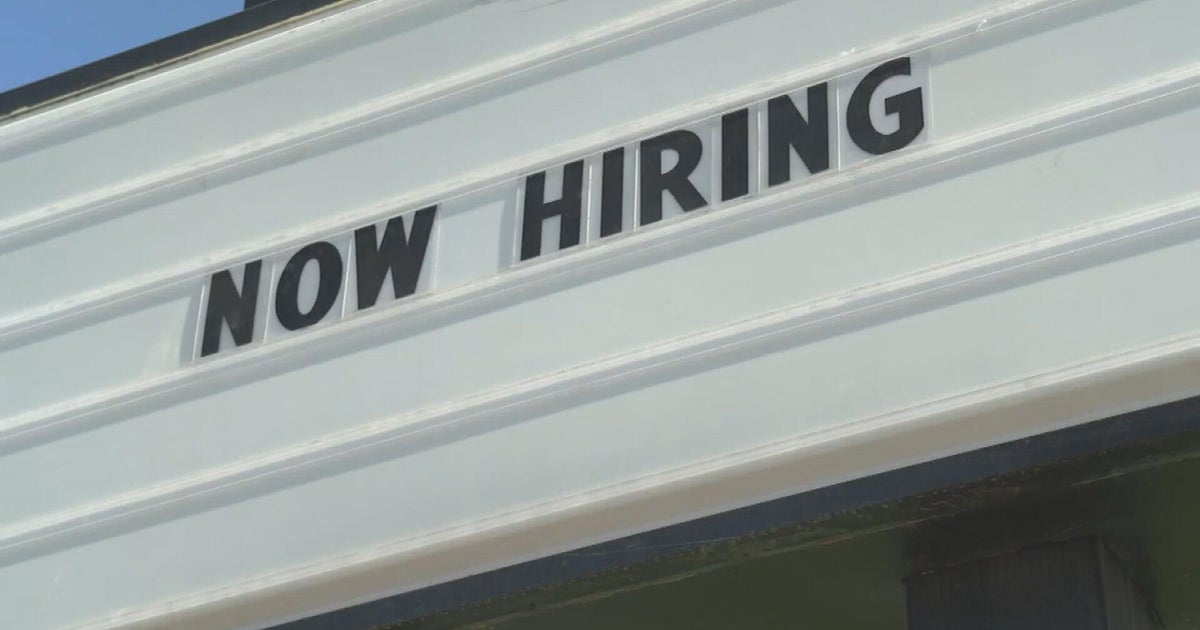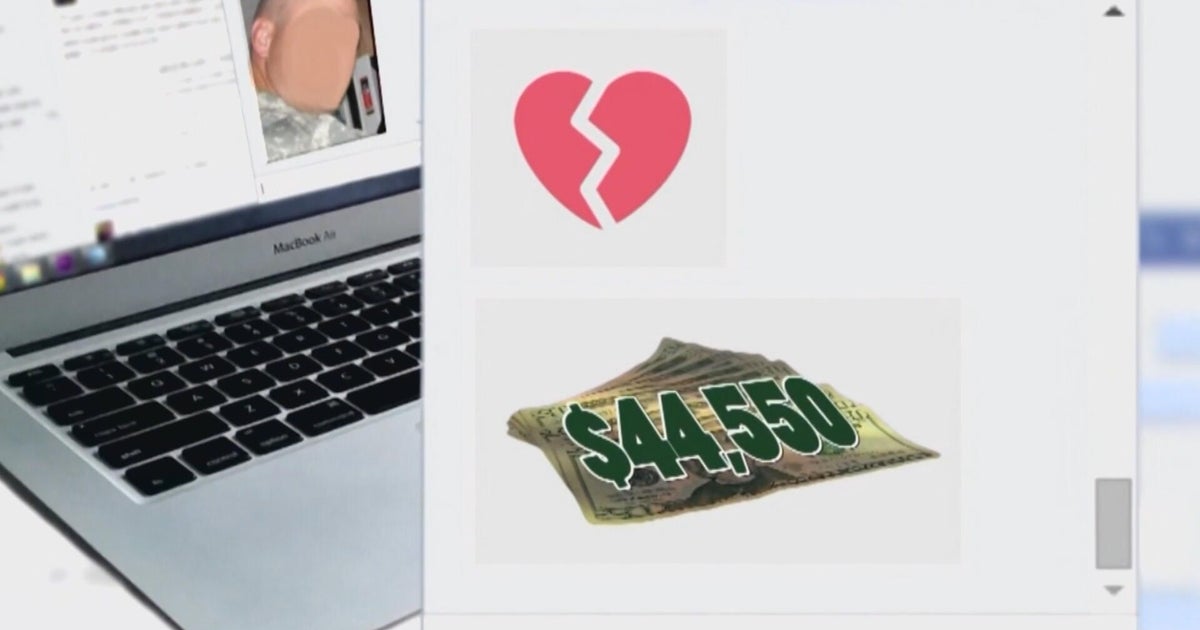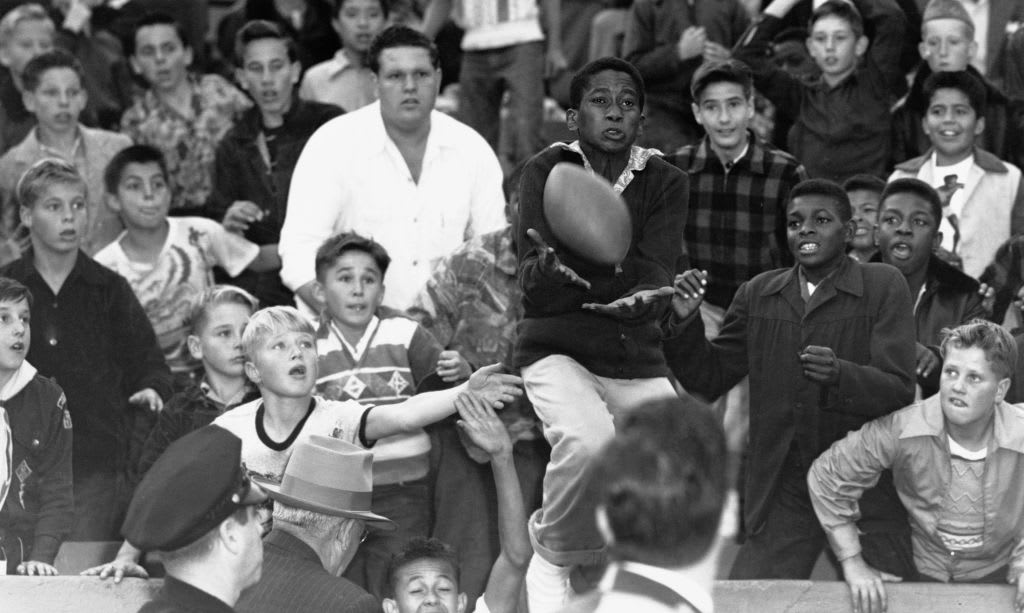Inflation is pushing more Americans into side hustles
Nearly half of American workers today have a side hustle to earn extra cash, showing the toll inflation has taken on working people, according to a new report.
In a study released this week from LendingTree and PYMNTS, one-third of respondents said they had a second job, while 1 in 6 said they got supplemental income in another way, including commissions, selling goods online or gambling profits.
"Inflation has made life more and more expensive, and consumers have already made moves to cope, such as pulling back on discretionary expenses. But one can only pull back so far on spending, and PYMNTS' data reveals that consumers are finding another way to navigate their lower purchasing power," the report said.
The report suggests that the multiple-hustle set is much larger than the government's official figures, which put multiple-job holders at around 5% of the workforce. And the figures are likely growing: More than half of the study's respondents said the amount of money they made from side gigs had increased in the prior three months.
"You can point to inflation as a major reason why people are interested in taking these [side] jobs," said Kathy Kristof, founder of SideHusl, a review site for gig work. Kristof, a former CBS News contributor, said she has seen a huge rush to gig work among young retirees, people in their 60s who had retired only to be walloped by rising prices.
"You thought you had enough money saved, or you thought you had a pension that would pay for everything, and suddenly everything increases in cost," she said.
Younger Americans may be facing a different set of inflation-driven challenges.
"It's either because of the things they bought and financed, or the thing they want to buy with financing, like a car or a home," Kristof said. "It's twice as expensive to buy a house right now than it was about a year ago. If you have variable-rate debt, you're also suffering."
Gen Z consumers were the most likely to report side income in the LendingTree survey, with fully two-thirds of respondents saying they earned money on the side. A majority of millennials also reported having a side hustle.
Among those with a second job, one in four said they were pushed into it by extraordinary expenses or a main job that didn't cover the bills. For consumers who sold goods online, one in three said they did it to pay off surprise expenses.
But the most common reason people gave for a side job or selling online was surprising: That the extra income was "easy to earn," according to the survey.
According to Kristof, that's the silver lining for the current inflationary times: If you're pushed into trying to make an extra buck, there's a plethora of opportunities to do so. The gig ecosystem has grown in the last few years, and in addition to the rote work of driving passengers or delivering food, there are many other opportunities that call for a range of skills and pay decent money.
Kristof said she's been surprised by the explosion of marketing platforms offering good rates to people adept with TikTok or Instagram. Demand for online tutors has also surged in the last few years, as parents with means try to counter their children's pandemic-disrupted learning. Tutors in science and math fields can earn $50 to $100 an hour, she said.
"Like everything else, you have to have specialized skills in this market to really thrive," she said.
And for those who don't have the time or inclination to pick up more work, she suggested taking a look at what they own. Nearly anything from a car to equipment can be shared on a rental platform. This option may be particularly appealing to older workers or retirees who don't want to return to the grind but may have accumulated some assets.
"You can rent out your yard as a dog park, by the hour. You can rent out your swimming pool. You can rent your house by the hour to photographers, eventgoers, party planners," she said. "You can rent out pretty much anything you own."



